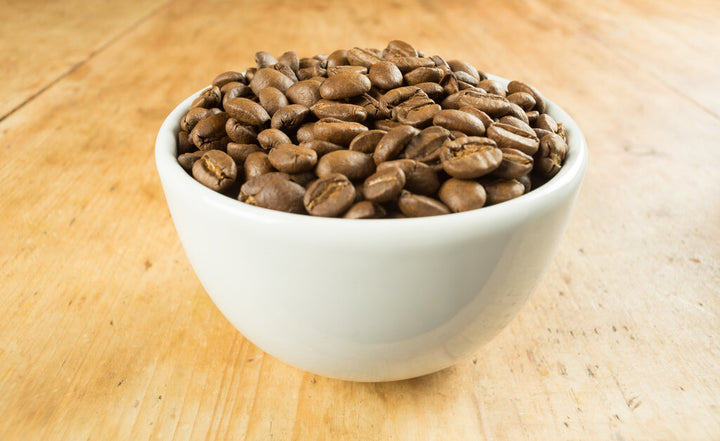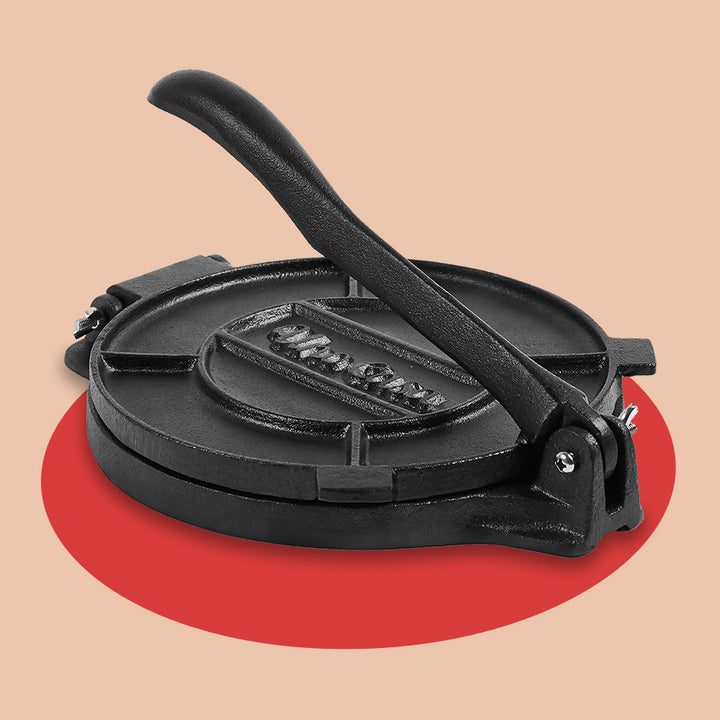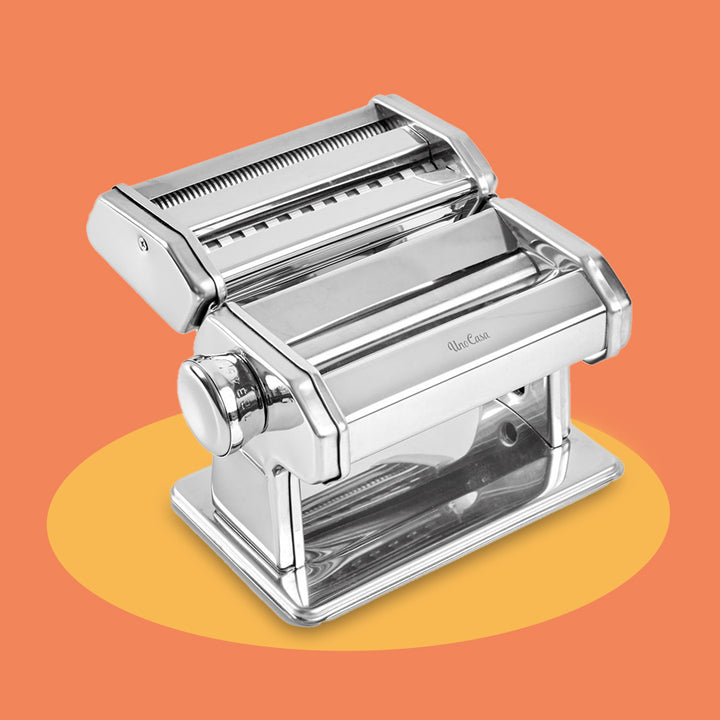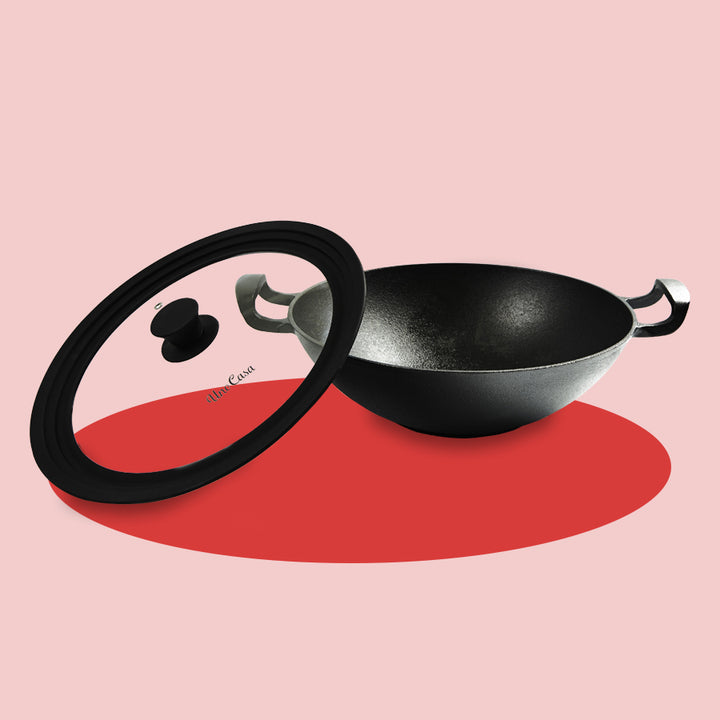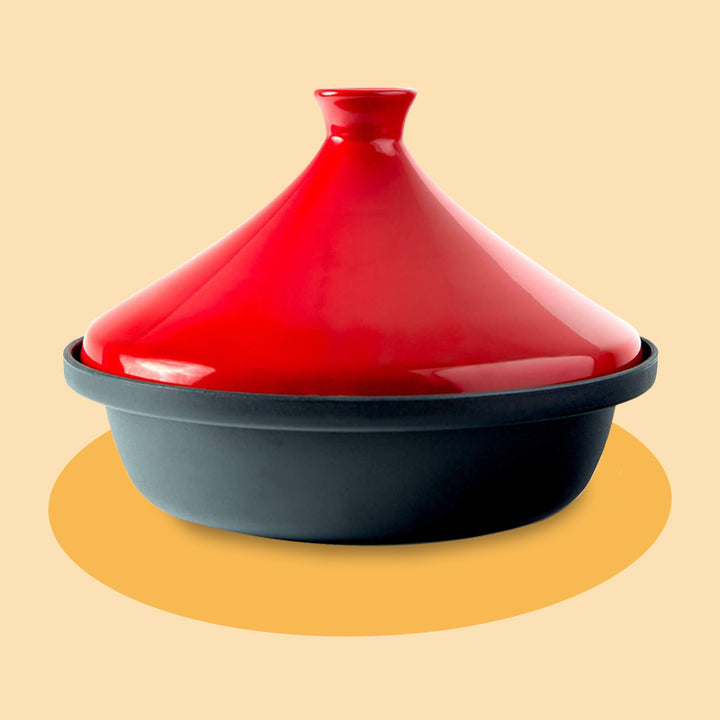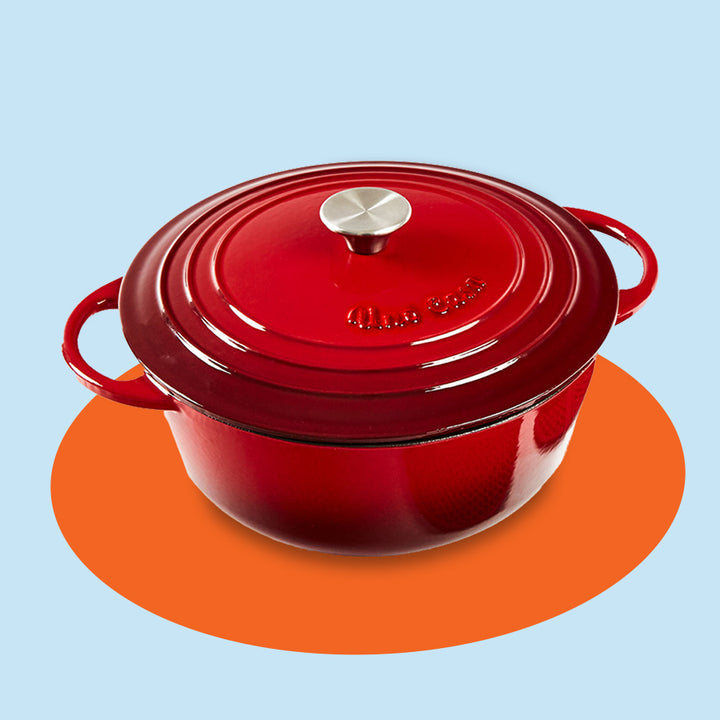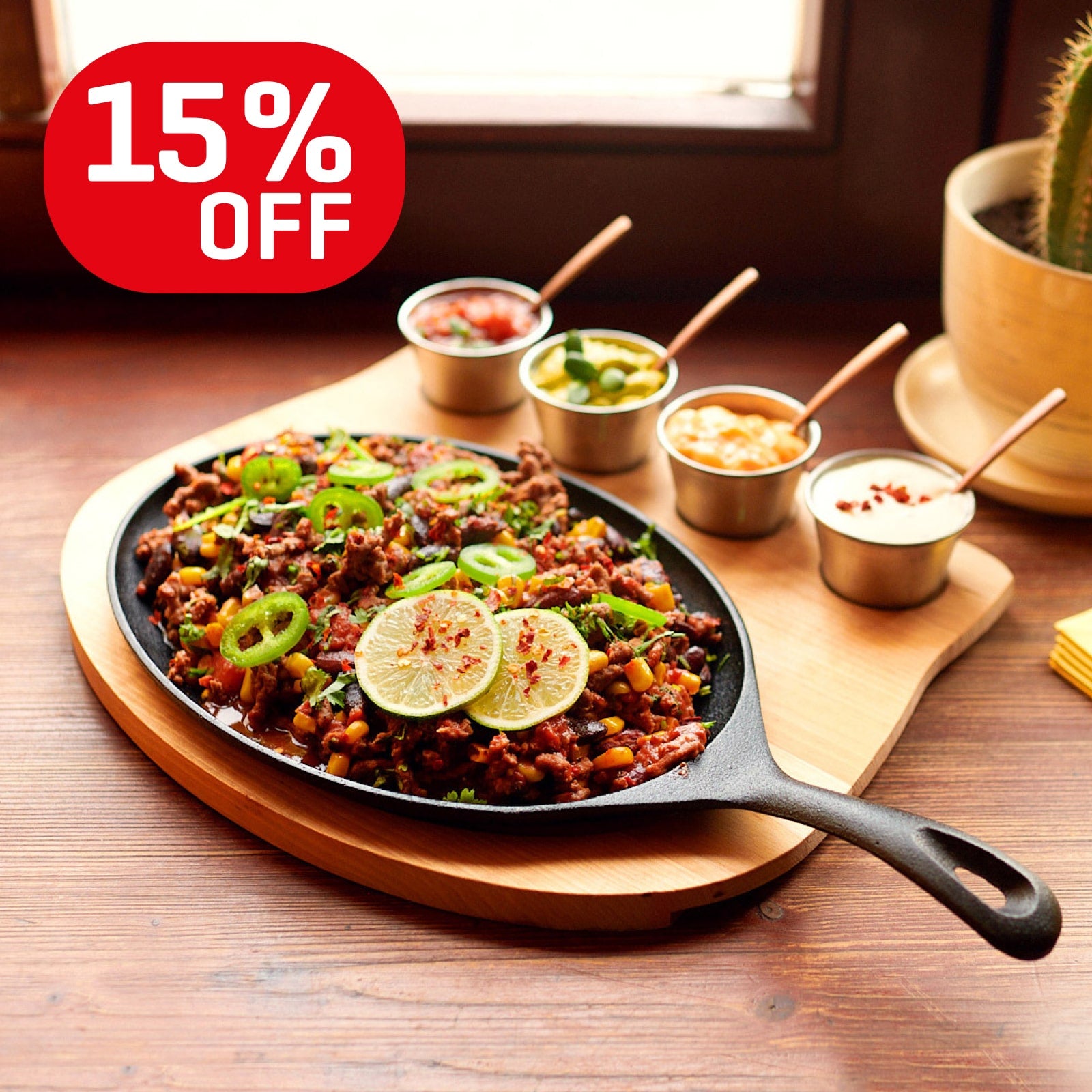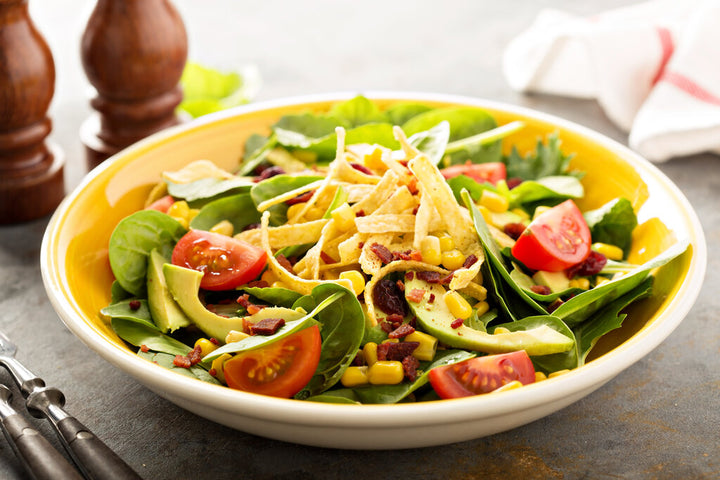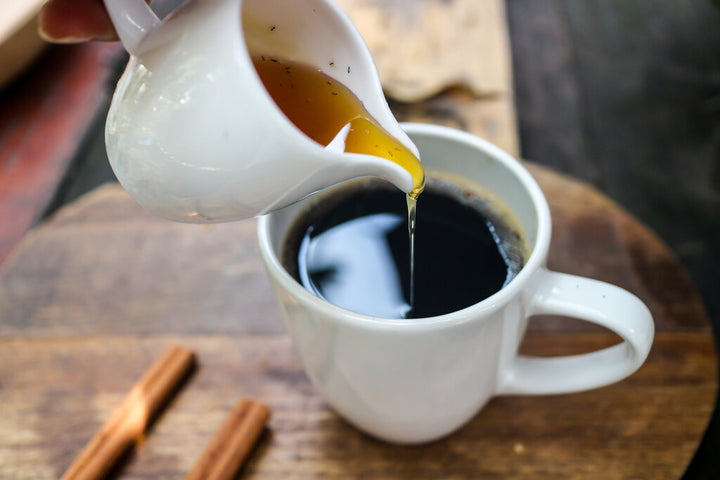Can You Wash Cast Iron with Soap: The Ultimate Do or Don't

Keeping cast iron cookware clean can often seem like a challenge. There are so many things you're told that you can't do, but the reality is that many of these big 'don'ts' aren't based on fact. You might have been told that you can't wash cast iron with soap, for example, but that's simply not true today.
In this article, we decided to bust this old myth and to show you what happens if you use soap on cast iron. So let's answer the question "Can you wash cast iron with soap?"
Can you clean cast iron with soap?
Simply the answer is yes, you can use a little soap on cast iron to keep it clean, and importantly, hygienic. And don't be scared, because a bit of soap won't destroy your cast iron skillet!
How to clean a cast iron skillet? Cleaning cast iron is a process that can take a little getting used to if you're new to the cast iron cooking game. Yes, there are several things you can't do, but there are more things that you CAN do when you wash your cast iron. Old school cast iron chefs, or perhaps your Grandma, might tell you that you can't use soap to clean your cast iron, but we're going to explain why that's totally false.
We're here to tell you that you can use dish soap to clean cast iron. As with any myth, though, there are a few reasons why it's become popular, and there are a few reasons to be careful when you do start cleaning cast iron pots, pans, griddles, and skillets with soap.
Let's start by looking at why this myth persists, and what the dangers are when it comes to cleaning with soap.
Why do you not use soap on cast iron?
Soap is often seen as being detrimental to the health of a good cast iron skillet. The main reason behind this myth is the fact that cast iron cookware needs to seasoned before you cook with it. Soap is thought to remove this layer of seasoning.
But what is seasoning exactly? Well, seasoning is a layer of oil that has reacted with the iron surface of the pan when heated. Bonds are formed through a process called polymerization, and the result is a practical, non-stick layer that also helps to prevent the pan from rusting. Seasoning is perhaps the most important aspect of cast iron care, and a well-seasoned pan can last a lifetime.
Seasoning occurs naturally when you cook food with cooking oil, but it's also recommended to build up a layer of seasoning over time by purposefully applying oil, and baking your pan in the oven.
Soap is designed to remove oils and unwanted grease, so presumably, cleaning your seasoned cast iron pan with soap will remove that layer of seasoning. That's the idea of soap, right?
In a long-gone age, soap could be particularly damaging to cast iron (which is why your Grandma might tell you not to use soap and why the myth persists!). The soaps of old were in part composed of vinegar or worse, lye, which really didn't go well with cast iron. Today, things are very different, and you're totally safe using modern, eco-friendly soap on your cast iron pans. Washing cast iron with soap is no longer taboo.
Can you use soap on cast iron?
The key point we are overlooking, though, is the fact that the oil in a well-seasoned pan has polymerized, and the oil has bonded with the iron. For all intents and purposes, it's no longer oil as we know it, and soap won't actually remove this hardened, protective layer on the bottom of your pan.
These ideas aren't wrong in theory, and yes, using soap will remove any layers of viscous oil or grease that remain on the surface of the pan. In this way, soaps can actually dry out your cast iron pan, as they remove the top layer of oil. For this reason, it's always important to reseason your pan after every cleaning session and to always cook with a layer of fresh oil.
But to physically remove the seasoning, you need to physically scrape or brush it away after heating the pan up in hot water. The polymers have to be broken down, to be removed. Soap on its own won't be able to break down and remove the seasoning on your cast iron pan.
As we already noted, soaps today are very different from the soaps of an earlier era, so there's no harm in using them.
How to clean cast iron skillets with soap
So, what's the best way to clean cast iron skillet with soap? Here's a quick step-by-step guide. The key is to use soap in moderation.
- Remove any stuck-on food or black residue from the surface of the cast iron pan after cooking with a paper towel. Try to do this as soon as you've finished cooking, and before it gets really stuck on!
- Clean your skillet with hot water. Use a nylon scraper to remove any particularly stubborn stains or marks (do not use steel wool, as this will definitely remove the seasoning!).
- If residue or stains have persisted, add a little soap to the hot water and continue to scrape. The soapy water should help to remove the excess residue
- When you're happy, wash down the soap and immediately dry the pan with a towel (or even a paper towel)
- Leave it to dry further before storing it away.
It's really important not to soak your pans for a long period of time in soapy water (or in regular water). If you do, the water can seep into the iron and begin to attract rust. For the same reason, it's really important to make sure your pan is thoroughly dry before you store it away. Don't let it drip dry, or again, you could start to attract rust.
It's also important to not use too much soap, or you'll dry out the surface of the pan by removing the excess oils. In practice, you should reseason your cast iron pan after using soap too, but this isn't always going to be feasible.
Ultimately, though, the answer to the question "do you wash cast iron with soap" can always be a YES.
How to clean cast iron pan without soap?
Cleaning cast iron doesn't necessarily require soap to get the job done, however. As we've seen, there are a few reasons why you wouldn't want to regularly use soap on your cast iron, even if it's not exactly harmful.
We recommend only using soap for particularly stubborn residue. Use it sparingly, only when you need to. The rest of the time, you can clean your cast iron pans without going near the soap.
The process is essentially the same as the process we've just listed above. Remove any burnt food and residue, give the pan a wash in warm water, wipe it down and then dry it thoroughly. Cleaning cast iron is not nearly as complicated as people make it out to be!
Regardless of whether or not you're using soap to clean your cast iron, DO NOT soak your pans for long. It's not a good idea, and it will attract rusting. Prolonged soaking isn't good for the long-term health of your cast iron.
Equally, you need to keep your cast iron well-seasoned. You should try to do this regularly to build up the protective layer. If the seasoning isn't great, it can start to break down quickly and leave your pan unprotected. If you do soak your pans, or if you feel like you've used too much soap or have scraped too much off, you should reseason it quickly. You should season your pan in the oven, using oil, for the best results.
Another thing to remember is that you should never put cast iron in dishwasher. Take a look at our article to find out why.
Cast iron and soap - the final word
Very simply, you can clean cast iron with soap. So long as you don't use too much and you're gentle on your appliance, you should be fine. Remember that your pan is seasoned and this provides a lot of protection.
Keep your cast iron cookware clean and hygienic with our handy guide to using soap on cast iron! Remember, just a little soap can go a long way with cast iron, but proper cleaning practice can keep your cast iron in top shape for a lifetime! Why not bookmark this article for later?
Leave a comment
Comments will be approved before showing up.
Also in Tips
